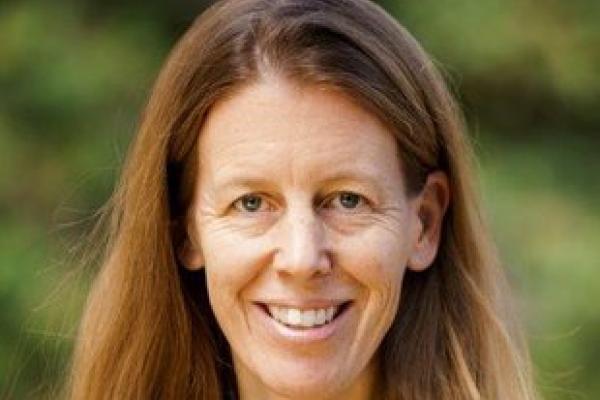
You are cordially invited
Jocelyn Holland
(Caltech)
Objects and Permanence (Schelling’s Version)
When one thinks about the idea of “object permanence,” the first thing that comes to mind may well be Jean Piaget’s work on child psychology, but this talk will consider the relation of objects to the concept of permanence from a very different historical and cultural point of view. In the nature philosophy of Friedrich Schelling, the idea of permanence was not treated as a foregone conclusion, but rather as a problem in its own right. It is, in fact, no overstatement to call the explanation of permanence one of the primary tasks of his philosophy in the years prior to 1800. Schelling suggests as much in a programmatic statement from the First Draft to a Nature Philosophy (1799) when he claims that the task of nature philosophy is not to explain “the active” [das Thätige] but rather “the resting, the permanent” [das Ruhende, das Permanente].1
This talk will will consider Schelling’s attempts to provide this explanation and examine how, for Schelling, permanence is just as connected to concepts of space, object, and product as it is to those of temporality, process, and – above all – life. I will also suggeset an interpretation of permanence in Schelling’s work that helps connect this aspect of his thinking to the work of F. Schlegel and Novalis as well as the nature-philosophical speculations of Johann Wilhelm Ritter.
1Schelling HKA 7:82. All Schelling references are given as the volume and page number from the Historisch-Kritische Ausgabe.
_________
Professor Holland's research is located at the intersection of literary, philosophical, and scientific thinking in the 18th- and 19th-century European context. Her book projects have analyzed such topics as how scientific discussions about procreation and generation around 1800 were incorporated into literary texts, and how the mechanical lever was used to model aspects of human cognition in literature, philosophy, and empirical psychology.
Her current book project, provisionally titled, Discoveries in an Overlooked Discipline: Theories of Technology in the Long Eighteenth Century, is on the idea of technology in the context of 18th-century Germany. With reference to a corpus of technological dictionaries, treatises, and teaching manuals by Johann Beckmann, Johann Jacobsson, Georg Lamprecht, Johann Poppe, and others, the project reconstructs the emerging discussion about technology in the 18th century by considering it from various angles: as a translated word, a concept, a science, and an academic discipline. The goals of the project are to provide annotated translations that will make the writings of those self-proclaimed technologists accessible to an Anglophone audience for the first time and, through a series of essays, to analyze the many challenges facing the nascent ‘science' of technology. The project will also underscore connections between 18th-century contributions to the philosophical history of technology and more contemporary theoretical approaches to the ‘question of technology.'
